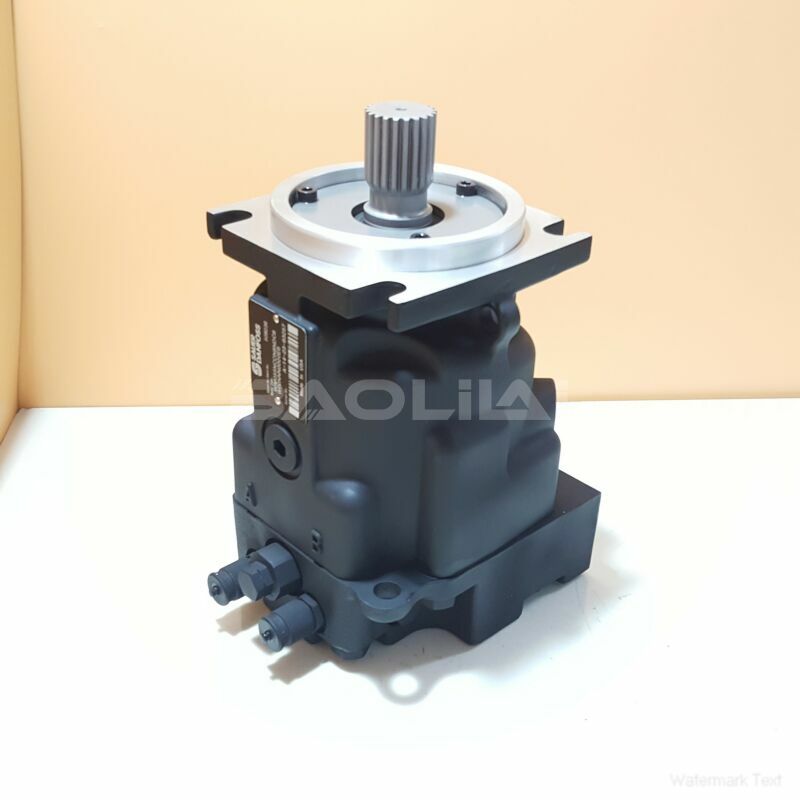90M100NC0N7N0C7W00NNN0000F3 danfoss motor
90M100NC0N7N0C7W00NNN0000F3 danfoss motor

- Product Details
- Applicable Scene
When it comes to automotive history, few achievements capture the imagination quite like the quest for speed. Among the myriad of vehicles vying for the title of the fastest, piston-engine cars have firmly established their place, proving that internal combustion can still deliver jaw-dropping performance. Here, we explore some of the fastest piston-engine cars ever made, showcasing the engineering prowess and innovative spirit that makes them truly remarkable.
90-M-100-NC-0-N-7-N-0-C7-W-00-NNN-00-00-F3
90M100NC0N7N0C7W00NNN0000F3
One standout in this arena is the Bugatti Veyron Super Sport, which held the title of the world’s fastest production car for several years. With a quad-turbocharged W16 engine that produces 1,200 horsepower, the Veyron Super Sport can accelerate from 0 to 60 mph in just 5 seconds, and boasts a top speed of 267 mph. This remarkable feat is a testament to Bugatti’s commitment to blending luxury with extreme performance.

9631104C
Another contender is the Koenigsegg Agera RS, which not only matches but surpasses the Veyron in performance metrics. The Agera RS has a 0-liter twin-turbo V8 engine that generates 1,341 horsepower, allowing it to achieve an astonishing top speed of 279 mph, making it the fastest production car for a brief period. The Agera RS’s impressive acceleration and handling characteristics exemplify Koenigsegg’s dedication to cutting-edge technology.
The Boeing Jet-Powered Volkswagen Beetle, though unconventional, is a fascinating example when discussing piston-engine speed. Capable of reaching speeds over 300 mph due to its jet engine modification, this car showcases the extreme possibilities when we combine aerospace engineering with automotive design. However, it’s worth noting that this vehicle is not a traditional production car and serves more as an experimental project.





